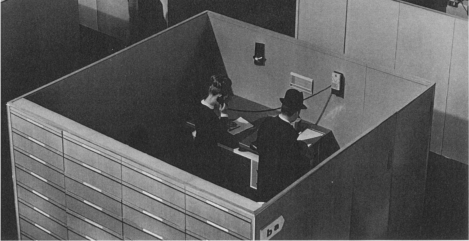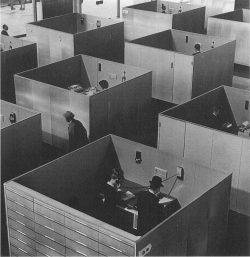To provide the best experiences, we use technologies like cookies to store and/or access device information. Consenting to these technologies will allow us to process data such as browsing behaviour or unique IDs on this site. Not consenting or withdrawing consent, may adversely affect certain features and functions.
The technical storage or access is strictly necessary for the legitimate purpose of enabling the use of a specific service explicitly requested by the subscriber or user, or for the sole purpose of carrying out the transmission of a communication over an electronic communications network.
The technical storage or access is necessary for the legitimate purpose of storing preferences that are not requested by the subscriber or user.
The technical storage or access that is used exclusively for statistical purposes.
The technical storage or access that is used exclusively for anonymous statistical purposes. Without a subpoena, voluntary compliance on the part of your Internet Service Provider, or additional records from a third party, information stored or retrieved for this purpose alone cannot usually be used to identify you.
The technical storage or access is required to create user profiles to send advertising, or to track the user on a website or across several websites for similar marketing purposes.
 It’s been talked about for a number of years now but we can expect to be hearing a lot more about the four day week or six hour day soon. The modern conversation has its roots partly in a Swedish experiment designed to limit the hours people work in an attempt to improve their work-life balance and possibly even increase their productivity. Now a growing number of firms are looking to introduce a nominal four day working week or restrict the use of technology – meaning email – outside of certain hours. More →
It’s been talked about for a number of years now but we can expect to be hearing a lot more about the four day week or six hour day soon. The modern conversation has its roots partly in a Swedish experiment designed to limit the hours people work in an attempt to improve their work-life balance and possibly even increase their productivity. Now a growing number of firms are looking to introduce a nominal four day working week or restrict the use of technology – meaning email – outside of certain hours. More →



































July 23, 2020
Balancing the rights and responsibilities of employee wellbeing
by Nathan Berkley • Comment, Wellbeing